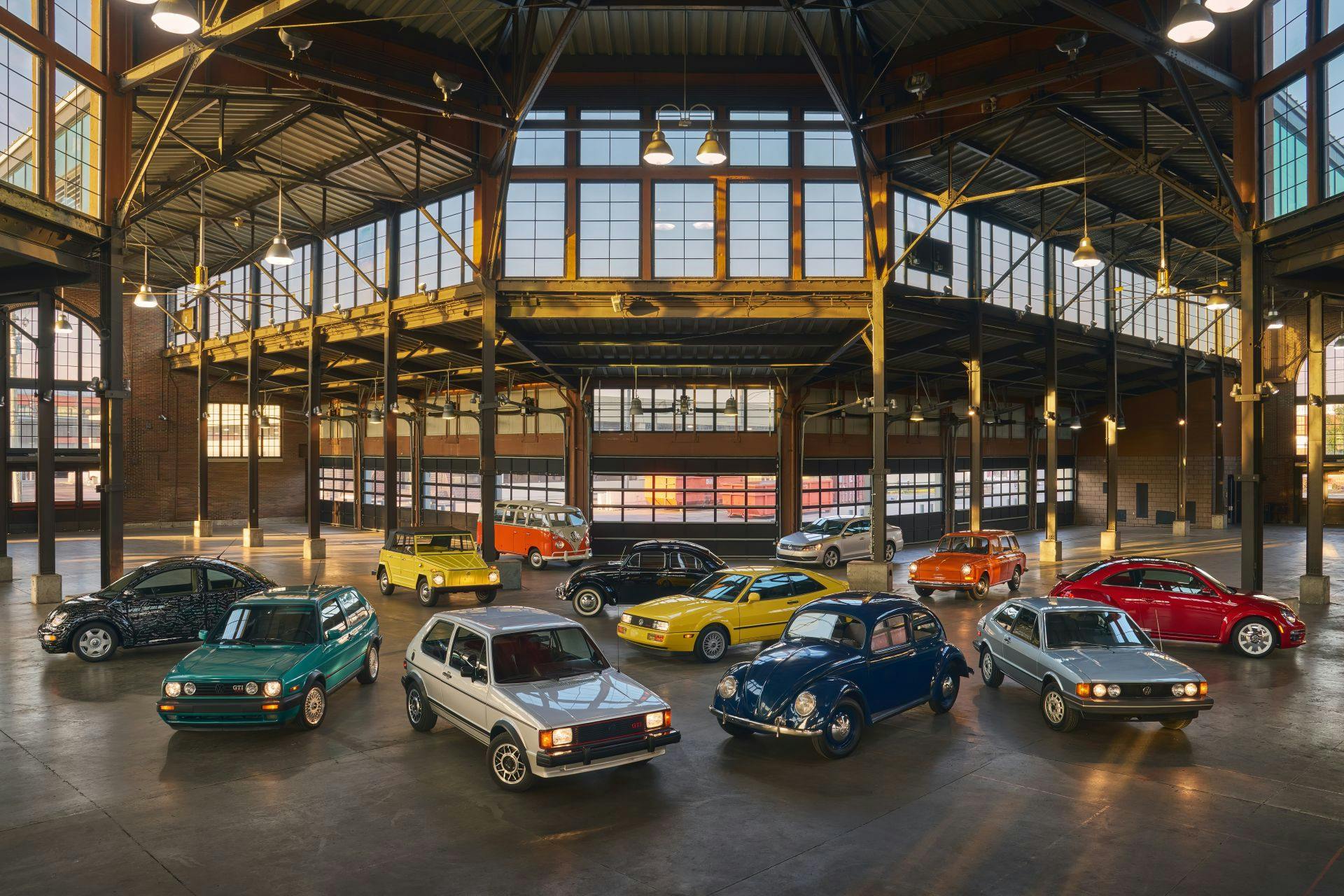
Volkswagen of America Celebrates 70 Years of Driving Change
October 27, 2025 marks a remarkable milestone for one of the most influential names in the U.S. automotive landscape: Volkswagen of America (VWoA). From the humble beginnings of two Beetles arriving on a New York dock in 1949 to becoming a symbol of innovation and culture, Volkswagen’s 70-year journey in America tells the story of reinvention, resilience, and a deep connection with drivers across generations.
A Dream on Four Wheels
Volkswagen’s American story began with a vision. In 1949, Dutch businessman Ben Pon brought two Type 1 vehicles—later affectionately known as the Beetle—to the U.S., introducing Americans to an entirely new concept: a small, affordable, reliable car with personality. Six years later, on October 27, 1955, Volkswagen of America, Inc. officially opened its doors in Englewood Cliffs, New Jersey. Within a year, nearly 50,000 Beetles had been sold.
That little car with the big personality quickly became more than transportation—it became a cultural icon.
Changing the Way America Thinks About Cars
In the late 1950s, VWoA’s new president, Carl Hahn, and the advertising agency Doyle Dane Bernbach (DDB) took an unconventional approach that changed marketing forever. Their “Think Small” campaign flipped traditional car advertising on its head with simplicity, wit, and honesty. The campaign didn’t just sell cars—it reshaped how Americans thought about them.
By 1960, Volkswagen had doubled deliveries to 167,000 vehicles and captured 32% of the import market. A decade later, sales peaked at 569,696 vehicles, with the Beetle and Microbus becoming emblems of freedom, individuality, and counterculture.
In 1999, Ad Age honored “Think Small” as the greatest advertising campaign of the 20th century, a testament to its lasting influence on both marketing and popular culture.
Icons That Defined Generations
Few automakers can claim as many beloved models as Volkswagen.
- The Beetle, with 21.5 million units sold globally, remains one of the most recognizable cars ever built. It inspired movies, movements, and countless memories—then found new life in the 1998 New Beetle, sparking another wave of “Beetle Mania.”
- The Microbus—and its modern reincarnation, the all-electric ID. Buzz—embodies the spirit of adventure. The 2025 ID. Buzz, which reimagines the classic Type 2 for a new era, was recently named North America Utility Vehicle of the Year™.
- The Golf, introduced to U.S. drivers in 1975 as the Rabbit, defined the modern compact car. Its high-performance variant, the GTI, launched the “hot hatch” segment and remains a favorite among enthusiasts. Golf models have earned multiple “Car of the Year” honors, most recently with the 2026 Golf GTI/R.
- The Jetta, introduced in 1979, became America’s favorite Volkswagen—combining European driving dynamics with everyday practicality. Over seven generations, it’s remained a mainstay in the lineup.
Together, these vehicles have shaped how Americans drive, think, and feel about cars.
Building the Future Right Here in America
Volkswagen’s U.S. manufacturing legacy began in 1978, when it opened its first assembly plant in Westmoreland, Pennsylvania, producing over 1.1 million vehicles before closing in 1988.
Two decades later, Volkswagen returned to U.S. manufacturing in a big way. In 2008, the company broke ground on a state-of-the-art assembly facility in Chattanooga, Tennessee, marking a renewed commitment to American workers and innovation.
Today, that $2.7 billion campus employs over 4,000 people and builds the Atlas, Atlas Cross Sport, and ID.4 SUV. It’s also home to the North American Engineering and Planning Center and Battery Engineering Lab, reinforcing Volkswagen’s leadership in electric mobility and sustainable manufacturing.
Seventy Years and Just Getting Started
“For 70 years, Volkswagen has demonstrated an unwavering commitment to American drivers and the cars they love,” said Kjell Gruner, President and CEO of Volkswagen Group of America. “The VW family has grown from the first imported Beetles to fit families of all shapes and sizes, always with the original mission of the brand—to be the people’s car.”
From the Beetle to the Buzz, Volkswagen’s journey in America has been a story of connection—between drivers, design, and a shared belief that cars can be more than machines; they can be part of our lives.
As VWoA celebrates its 70th anniversary, it looks ahead to a future driven by electric innovation, sustainability, and the same pioneering spirit that started it all.

 Volkswagen ID.4
Volkswagen ID.4